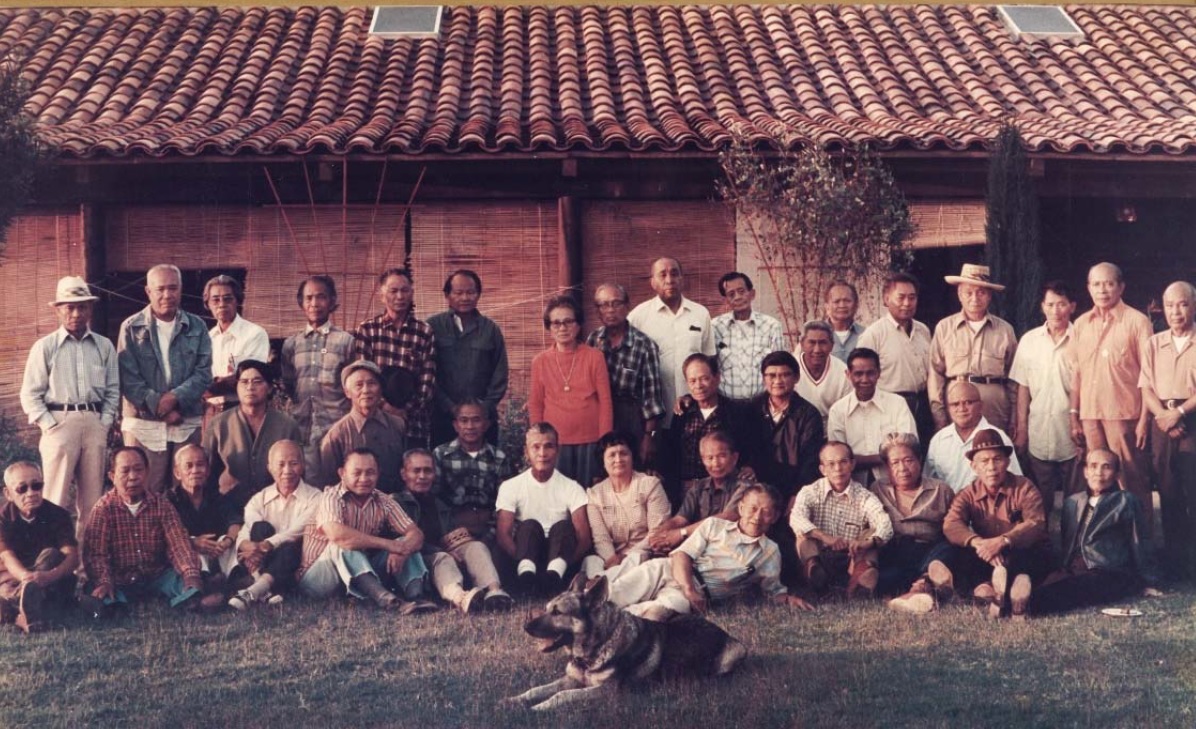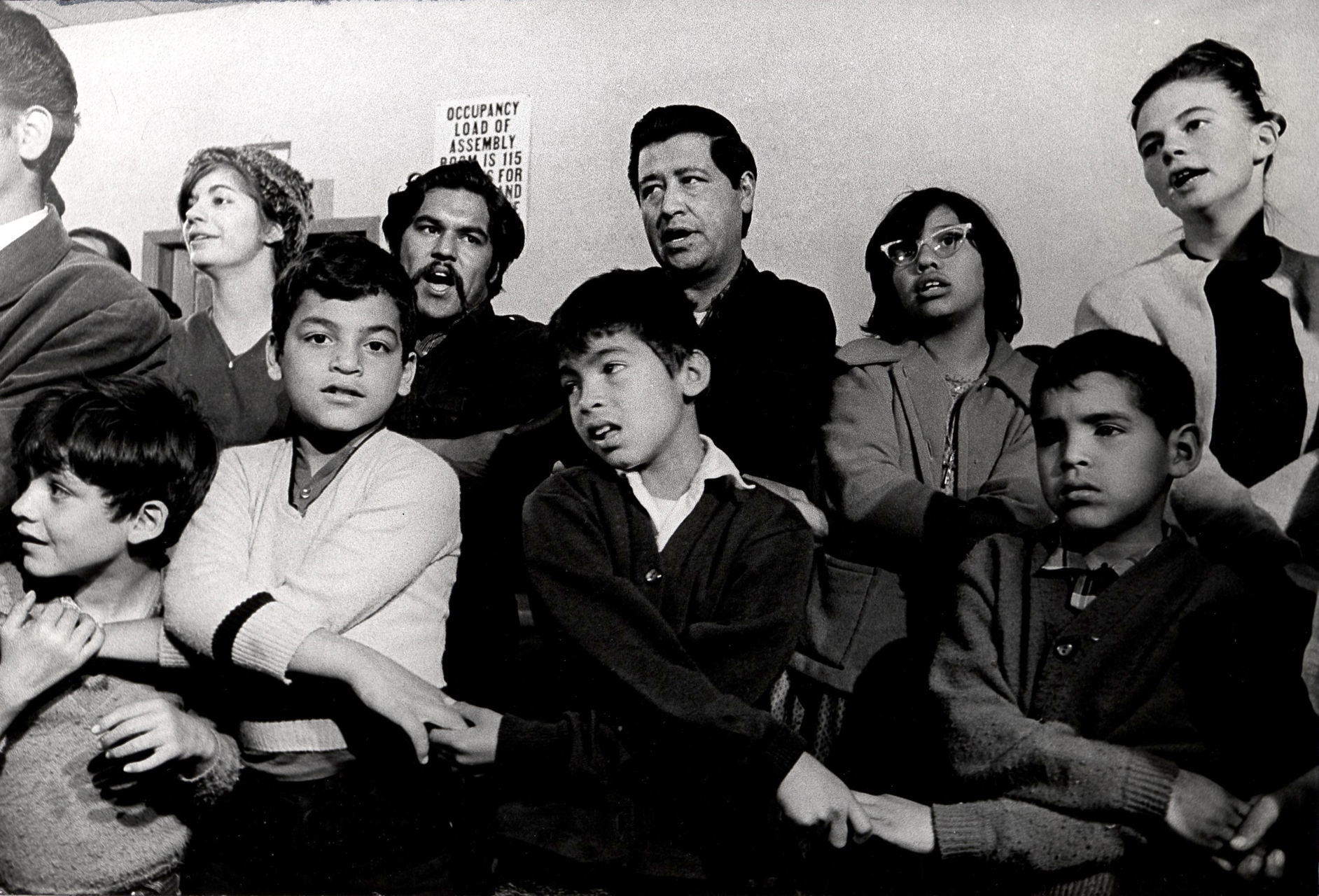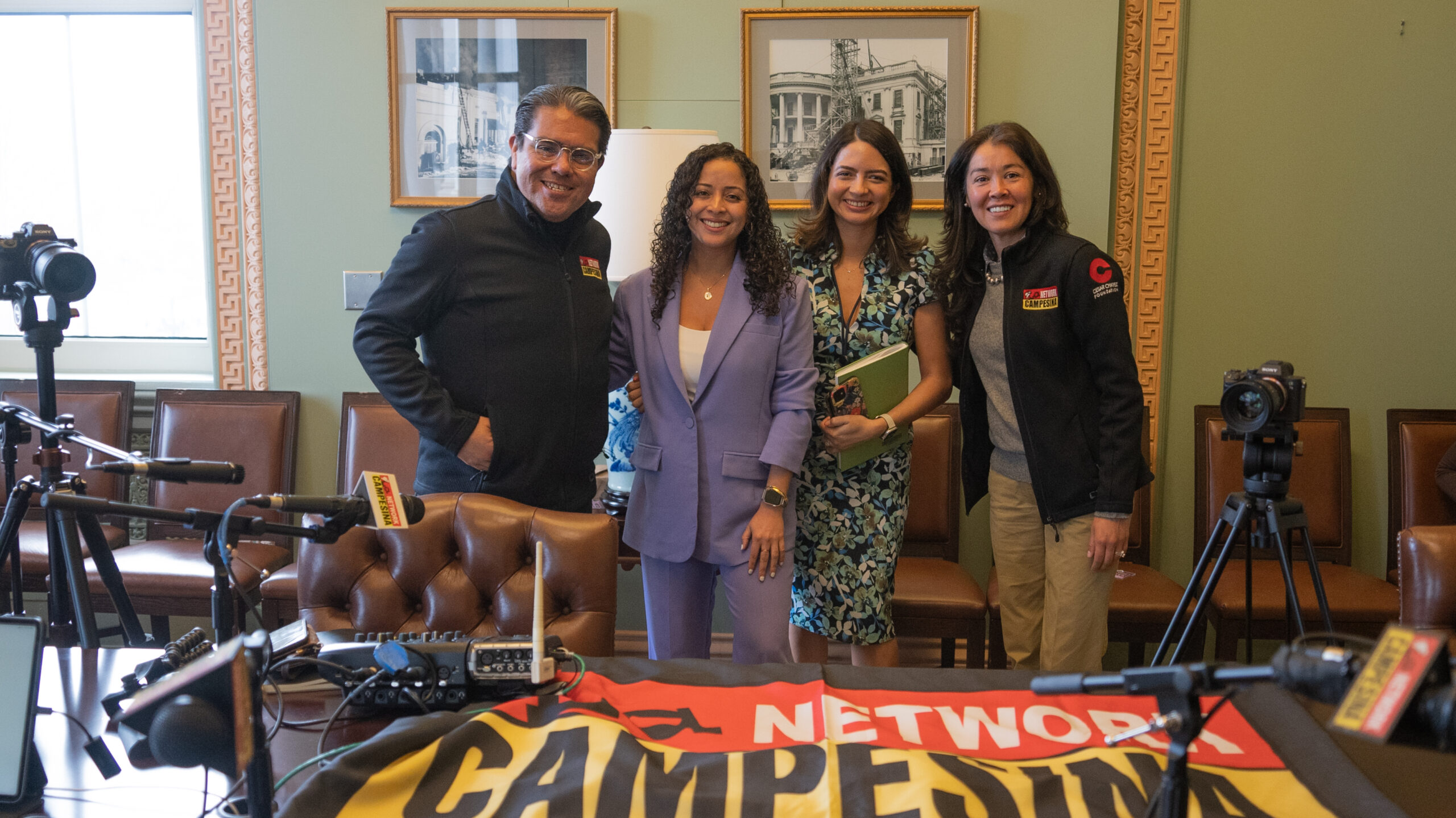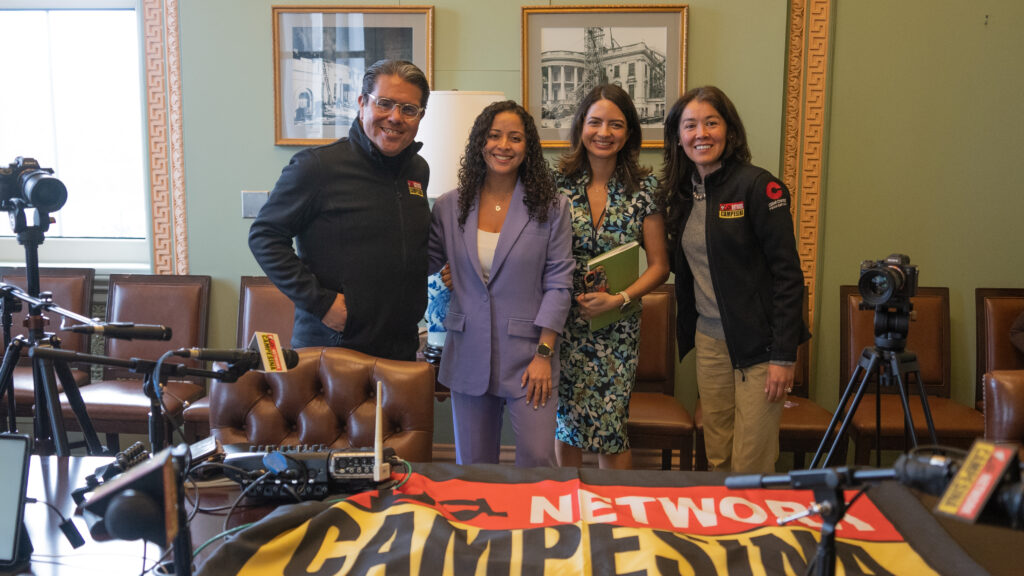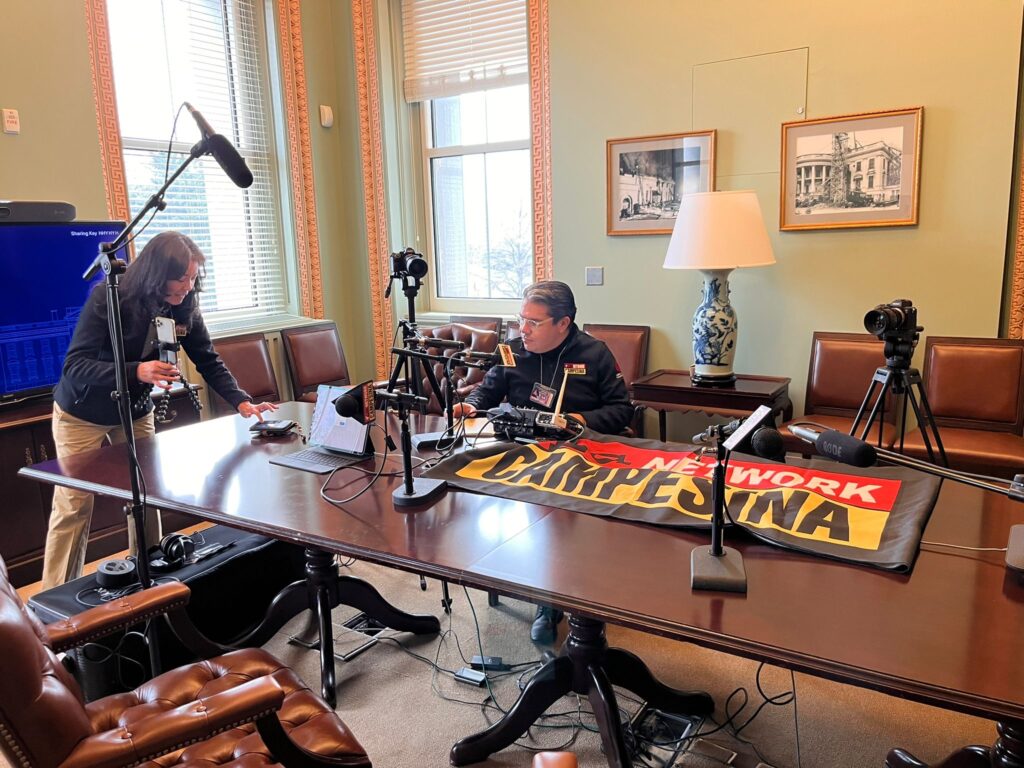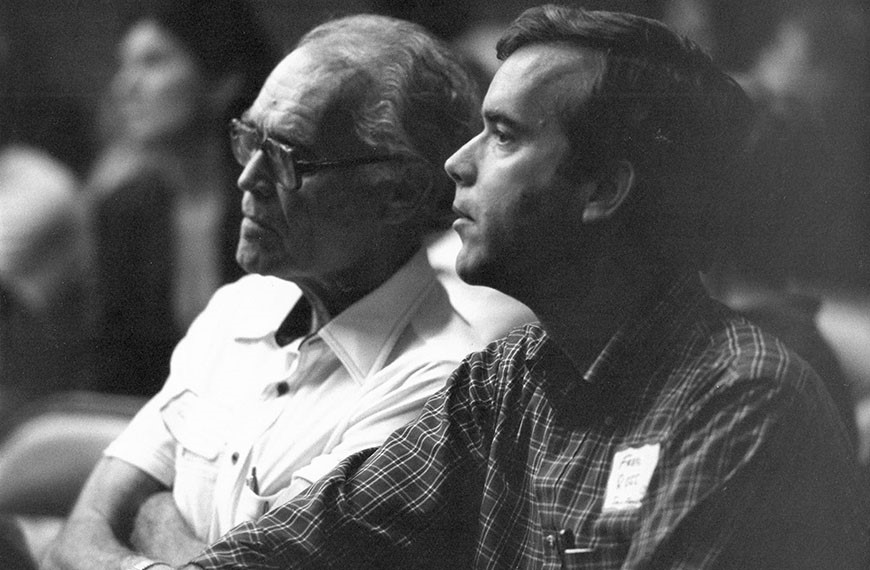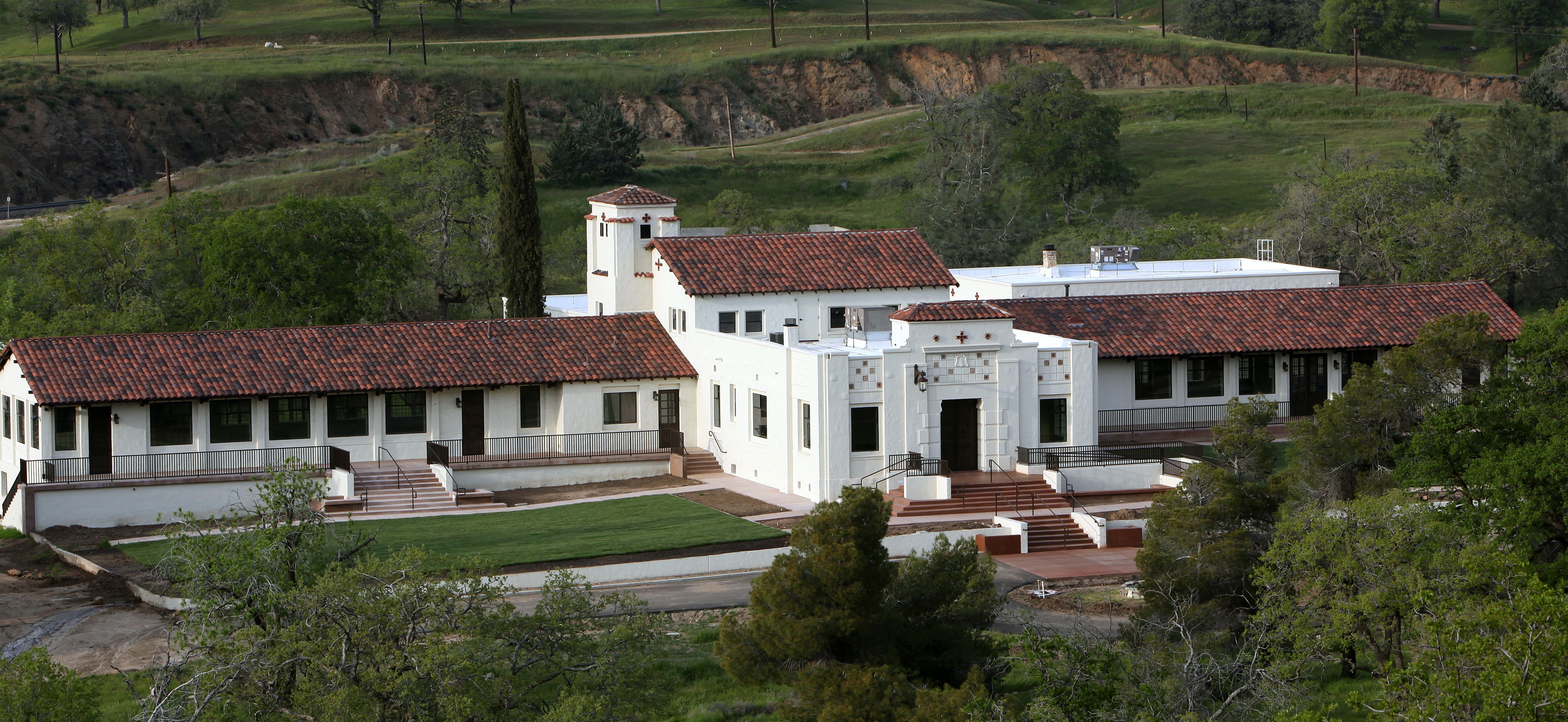This summer marks the 50th anniversary of Agbayani Village. As we celebrate, we remember the significance of this historic location.
Just outside Delano, California lies a testament to the enduring spirit of solidarity, courage, and the fight for justice. Paolo Agbayani Village, once a beacon of hope for Filipino farm workers, remains a poignant reminder of the struggles and triumphs of those who came before us and the pivotal role played by the Delano Manongs (respected elders) in shaping the course of the farm labor movements in the United States.
The summer of 1974 marked a significant milestone. More than 3,000 people gathered to dedicate Agbayani Village. The first affordable housing complex was named after Paolo Agbayani, a Filipino farm worker and United Farm Workers member who died of a heart attack on the picket line during the Delano Grape Strike in 1967.
The Birth of a Movement: The Delano Grape Strike
On September 8, 1965, Filipino American vineyard workers, members of the Agricultural Workers Organizing Committee led by Larry Itliong, walked out on strike against Delano-area table and wine grape growers, protesting years of poor pay and conditions. The Filipinos quickly asked Cesar Chavez, who led the mostly Latino farm workers union, the National Farm Workers Association, to join their walkouts.
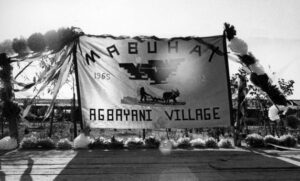
Decorations and a sign that reads “Mabuhay Agbayani Village, 1965 – 1972,” courtesy of Walter P. Reuther Library Archives of Labor and Urban Affairs.
Cesar Chavez and the NFWA leaders believed it would be years before their fledgling union was ready for major field strikes. But they also knew growers historically pitted the races against each other to break unions and crush walkouts. Cesar’s union voted to join the Filipino workers’ picket lines on Mexican Independence Day, September 16, 1965. The two unions merged in 1966 to form the UFW. Solidarity between the races was a key factor in the success of the 1965-1970 Delano strike and the emergence of the UFW as the nation’s first enduring farm worker union.
Paolo Agbayani: A Symbol of Sacrifice
Paolo Agbayani’s untimely death on the picket line underscored the gravity of the worker’s plight. In honor of his sacrifice, what today is the Chavez Foundation built a Filipino farm worker whose untimely death on the picket lines underscored the gravity of the workers’ plight. In honor of his sacrifice, the National Farm Workers Service Center, now known as the Cesar Chavez Foundation, established the Paolo Agbayani Retirement Village in 1974. Agbayani Village wasn’t just a housing complex; it was a sanctuary for those who had given their all to the movement, with 57 men and one woman as its first occupants.
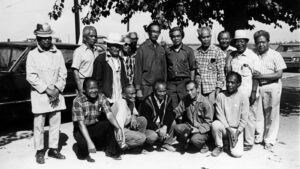
Filipino Farm Workers gather to plan the construction of Agbayani Village in 1972. Photo Credit: Walter P. Reuther Library, Archives Of Labor And Urban Affairs, Wayne State University
Over the years, Agbayani Village evolved into something more. It has become a vibrant hub of cultural and educational exchanges, welcoming visitors and scholars keen on understanding the intricacies of the Filipinos’ immigration and their heroic labor history in America. Through these interactions, the village fostered a deeper appreciation for the sacrifices and achievements of the Filipino farm workers and their allies.
Agbayani Village was designated a National Historic Landmark in 2011, ensuring future generations would recognize and learn from the perseverance and unity these brave Filipino farm workers demonstrated. It continues serving as a beacon of hope and a reminder of the power of collective action and the enduring legacy of Delano Manongs.
Agbayani Village will celebrate its 50th anniversary on October 19, 2024, with celebrations planned during Delano’s Philippine Weekend at Forty Acres, an annual gathering of the Filipino community in Delano. Stay tuned for more on this historic event.

